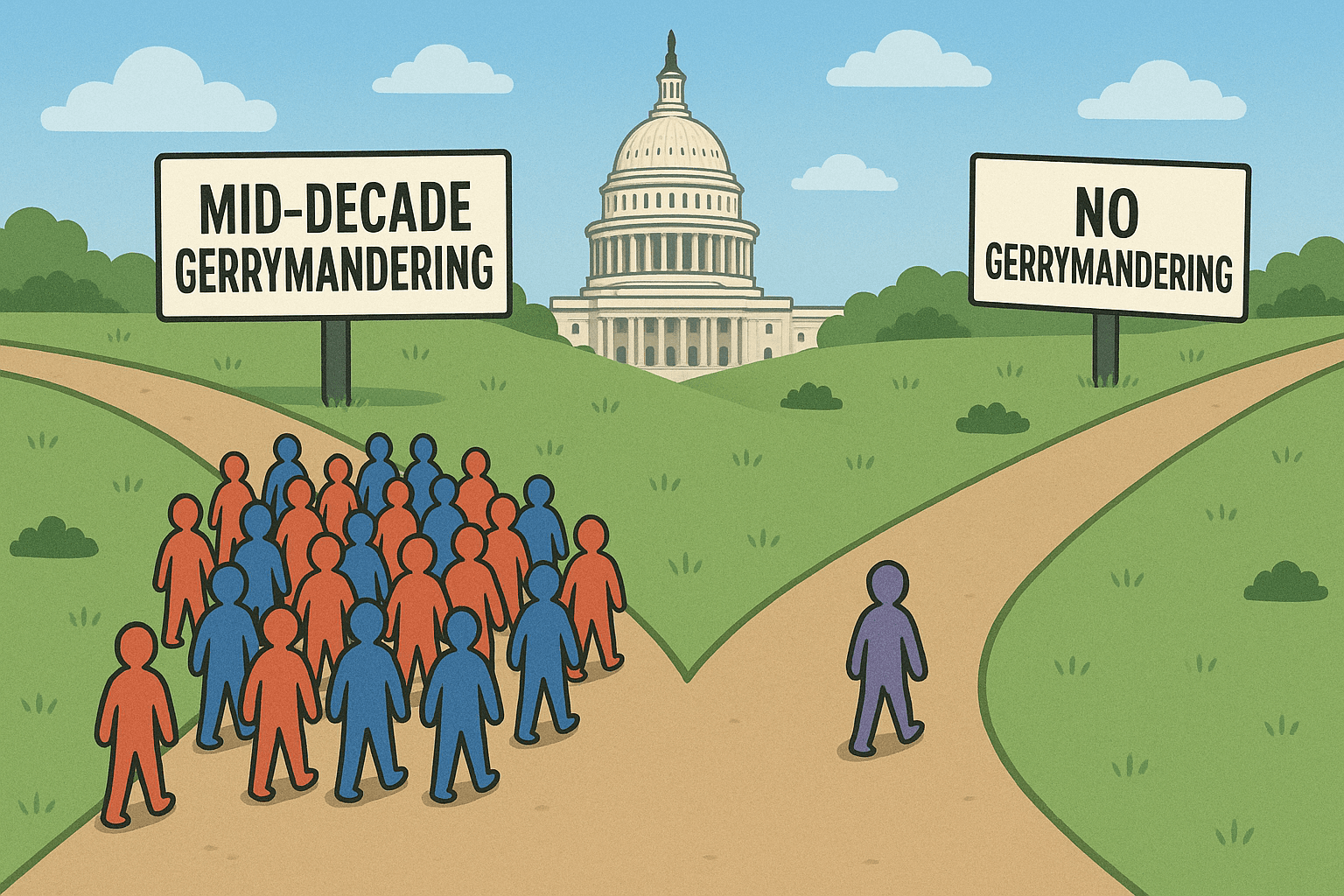Georgia Rep Paul Broun Introduces \Audit the Fed\ Legislation

With the retirement of Ron Paul in 2013, the former Texas congressman leaves behind an ideological legacy that several are lining up to continue. One point Paul advocated for was a motion to "audit the fed," legislation he introduced in the 112th Congress as HR 459.
In one of his first acts in the new Congress, Georgia US Rep Paul Broun, a congressman in his fourth term, introduced legislation to audit the Federal Reserve, HR 24. The text in Broun's legislation is identical to Paul's HR 459, which passed the House 327-98, but died in the Senate. A partial audit of the Federal Reserve in 2011 discovered that $16 trillion was distributed to corporations and foreign central banks during the financial crisis without any oversight from Congress or acknowledgement to the taxpayers.
Long on Representative Paul's agenda, an audit of the Federal Reserve and its member banks by the Government Accountability Office is an attempt to increase transparency in the central bank of the United States, which operates in secrecy, and whose chairman is appointed by the president.
Debates on central banking and monetary policy go back to the administration of the first American president, George Washington, when the Bank of the United States was chartered. A Second Bank of the United States was formed in 1816 and lasted until 1836. There was no central bank in the United States again until the Federal Reserve in 1913.
Auditing the Federal Reserve, although it is identified with former Congressman Paul, is not a strictly libertarian objective. As far back as 1995, Democratic Senator Harry Reid supported an audit, but refused to give the most recent Senate version a hearing. Vermont's independent US Senator Bernie Sanders, who describes himself as a socialist, referred to the Fed's activities from the 2011 partial audit as "socialism for the rich" because of the way the Fed favors the wealthy and well-connected over individuals.
Broun, a medical doctor, represents the tenth congressional district of Georgia, east of Atlanta and covers the northeastern seaboard of the state. Broun was also one of the twelve House Republicans who either abstained or voted for a Republican other than John Boehner for speaker of the House. He was also one of the 151 Republicans who voted against the fiscal cliff compromise on New Year's Day.
Broun also identifies with the social conservative wing of the Republican Party. During his 2012 campaign, Broun vociferously rejected evolution and the Big Bang Theory. He also introduced the Sanctity of Human Life Act, which in its previous versions aimed to remove federal jurisdiction from abortion. Broun says of the act, "I remain committed to ending abortion in all stages of pregnancy."
There are currently a number of legislators attempting to claim Paul's mantle. Broun's introduction of a Federal Reserve audit in the 113th Congress makes him one of the more visible ones.


